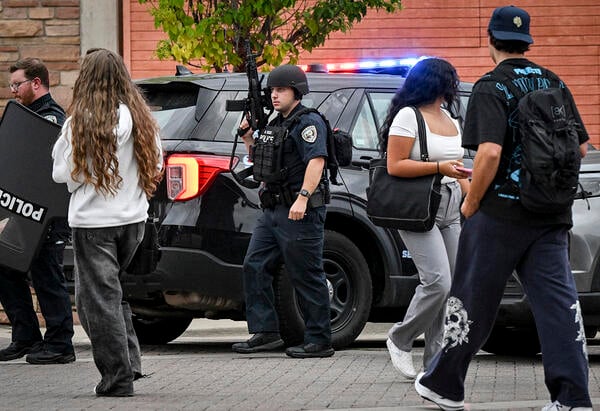The UK’s international higher education sector is at yet another crossroads.
The positioning of international students as not only economic contributors to universities, but also cultural and intellectual assets to our campuses and communities is a well-told tale. But with ever-increasing government scrutiny of international recruitment practice, it is essential that the sector can unequivocally demonstrate that it operates with integrity and transparency.
It is not just the government institutions must convince of the UK’s commitment to high quality opportunities, but students themselves to ensure the UK remains a destination of choice.
Last month, IDP published its global commitment to quality and, as part of this, announced we are fully compliant with the British Council’s Agent Quality Framework (AQF). I imagine some might read that and ask “so what? Were you not already working in a compliant way already?”
To be clear, we were (and always have been) committed to being ethical and responsible in our approach to recruitment, and it is what our partners know and trust us for. But our public commitment to the AQF in January 2024 and more latterly basic compliance assessment (BCA) requirements changes inspired us to have a wholesale review of our processes to ensure all our processes and practices drive quality. Transparency matters more now than ever – the more reassurance we can give our partners that we take our role in their student recruitment seriously sends the right signal to the government that we are committed to sustainable growth focused on right metrics.
We are in this for the right reasons, that is, the right students, with the right standards and intentions, going to the right universities to complete their studies while living and thriving in our towns and cities. But it’s our hope that by being public about our official compliance, we can encourage others to do the same.
The fact it has taken us, a well-established world-leading recruitment partner, months to feel confident the checks and balances are in place and that we have full adherence to the framework, demonstrates the complexity behind compliance. As we go along, we’ll no doubt learn more about how we can improve and strengthen those assurances to our partners (and therefore to the government) that international education is not full of ‘bad actors’.
This is about more than compliance with external standards. It is a need for the international education community to be loud and proud about our work at a time when quality assurance in recruitment is under a brighter spotlight than ever.
Regulation, regulation, regulation
The UK government has made clear that international student recruitment cannot be divorced from broader debates around immigration, compliance and the sustainability of the sector. Parliamentary inquiries. Home Office interventions. The MAC review. The Immigration White Paper. The Home Office English Language Test. Freedom of Information requests. Intensified media focus. All this has raised questions about whether recruitment practice is always consistent with the standards expected of a world-leading education system. And this isn’t just about immigration rhetoric – this is about how those practices impact students and the enormous financial and emotional investment they make in choosing the UK for higher education, and make them feel their investment is worth it.
In this environment, questions may be asked as to whether self-regulation is sufficient. The AQF, developed by the British Council in partnership with BUILA, UKCISA and Universities UK International, provides the only recognised, sector-wide framework for professionalism, ethical practice, and student-centred advice. To ignore or sidestep it is to invite greater external regulation and risk undermining already-precarious confidence in the sector.
International students deserve more than transactional recruitment processes; they deserve ethical, transparent, and student-first guidance that empowers them to make the right choices for their future. Likewise, the UK needs to demonstrate to policymakers that the sector is capable of regulating itself to the highest standard.
Quality is a shared responsibility
The AQF sets out clear principles in five areas; organisational behaviour, ethical business practice, objective advice and guidance, student-centred practice and organisational competence
Compliance across all these standards is not the endpoint. Instead, it is a baseline for our work. Compliance establishes credibility, but the leadership requires continuous improvement and a proactive commitment to go beyond minimum requirements.
The onus is now on all organisations involved in international student recruitment – universities, agents, sub-agents, aggregators and service providers – to align with the AQF and evidence their compliance. AQF compliance is a collective responsibility. The question is no longer whether institutions and agents should adopt the AQF, but instead how quickly they can demonstrate alignment and ensure that these standards are consistently embedded in practice. Anything less risks weakening trust in the UK’s international education offer.
The message to the sector is clear – quality must take precedence over volume until we are confident we’re in a position to grow sustainably and deliver on student expectations. Only by embedding AQF standards across all recruitment channels can the UK demonstrate to government, students and the wider international community that it is serious about maintaining excellence.
The UK has an opportunity to lead globally on quality standards. Let’s do it together.





